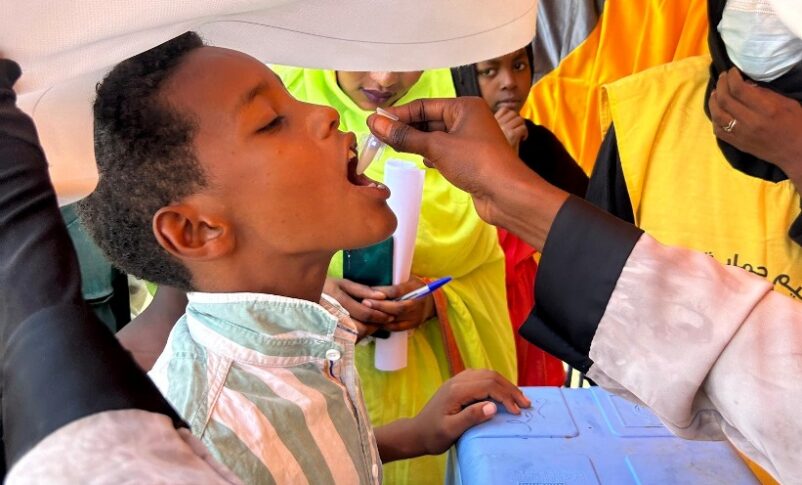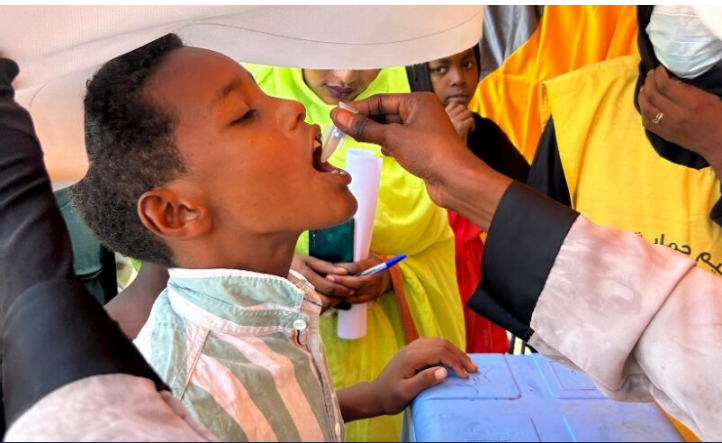
South Sudan is grappling with a devastating cholera outbreak that has now claimed the lives of at least 60people, according to recent health reports. This alarming death toll highlights the urgent need for international aid and coordinated efforts to contain the epidemic, which continues to spread across multiple regions of the young nation.
The outbreak, first reported earlier this year, has primarily affected vulnerable populations living in overcrowded camps and areas with limited access to clean water and sanitation facilities. Health officials have documented over 2,000 confirmed cases so far, with hundreds more suspected. These numbers are likely an underestimation, given the challenges of reaching remote areas and the ongoing conflict in the country.
South Sudan, which gained independence in 2011, has faced continuous cycles of violence, displacement, and economic instability. These factors have severely compromised its healthcare infrastructure. The current cholera outbreak has been exacerbated by heavy rains and flooding, which have displaced thousands and contaminated water sources, creating a breeding ground for the waterborne disease.
The situation is dire, said Dr. Mary Achieng, a health official with South Sudan’s Ministry of Health. Our hospitals are overwhelmed, and we lack sufficient medical supplies, including intravenous fluids, oral rehydration salts, and antibiotics.
Humanitarian organizations, including the World Health Organization (WHO) and Médecins Sans Frontières (Doctors Without Borders), have stepped in to provide critical support. However, aid workers face numerous obstacles, including poor infrastructure, insecurity, and limited funding.
In addition to the lives lost, the outbreak is taking a significant toll on survivors and their families. Many children, who are particularly vulnerable to dehydration caused by cholera, have been orphaned or left in precarious situations. Women and elderly people are also disproportionately affected due to their limited mobility and access to care.
Displacement remains a critical concern, with over 4 million people—a third of the population—forcibly uprooted by ongoing conflicts. Many live in overcrowded camps where sanitation and hygiene conditions are severely compromised, increasing their risk of contracting cholera.
 In response to the crisis, the South Sudanese government has declared a state of emergency in the affected areas and is working closely with international partners to roll out vaccination campaigns. Over 500,000 doses of oral cholera vaccines have been deployed, targeting high-risk populations. Public health campaigns aimed at educating communities about proper hygiene practices, such as boiling water and handwashing, are also underway.
In response to the crisis, the South Sudanese government has declared a state of emergency in the affected areas and is working closely with international partners to roll out vaccination campaigns. Over 500,000 doses of oral cholera vaccines have been deployed, targeting high-risk populations. Public health campaigns aimed at educating communities about proper hygiene practices, such as boiling water and handwashing, are also underway.
Despite these efforts, the scale of the outbreak demands a more robust international response. We urgently need additional funding and resources to scale up interventions and save lives, said James Wani, a representative of UNICEF in South Sudan. Without immediate action, the death toll could rise dramatically.
The cholera outbreak in South Sudan is a stark reminder of the vulnerabilities faced by nations in crisis. As the global community rallies to address this emergency, the long-term solutions must include strengthening the country’s healthcare system, improving water and sanitation infrastructure, and addressing the root causes of displacement and poverty.
For now, the focus remains on saving lives and preventing the further spread of this deadly disease. But as health officials warn, time is of the essence. Without sustained attention and support, the people of South Sudan will continue to bear the brunt of this escalating crisis.


